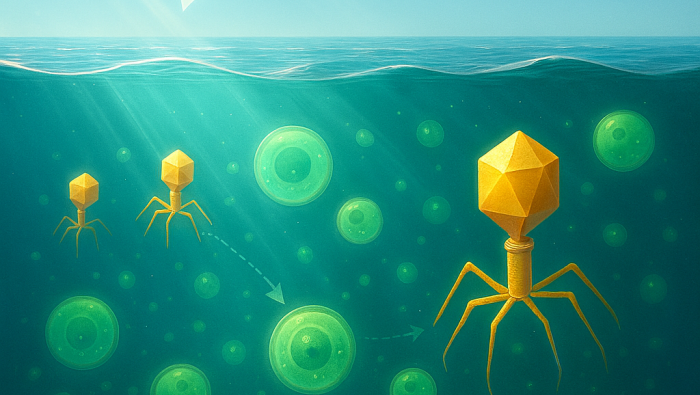Marine Virus-Mediated Processes Impact Carbon Cycling and Recycling: New Findings from the Diatom Laboratory at Bar-Ilan University

Date
Lecturer
Dr. Chana Kranzler
Abstract
A groundbreaking study from Bar-Ilan University, led by Dr. CHana Kranzler of the Faculty of Life Sciences in collaboration with Rutgers University, was recently published in the prestigious journal Science Advances. This research reveals how marine viruses—especially RNA viruses—play a crucial role in carbon cycling and recycling in the oceans, processes that are vital to marine ecosystem health and have far-reaching effects on the global carbon balance and climate regulation.
Last Updated Date : 24/07/2025



